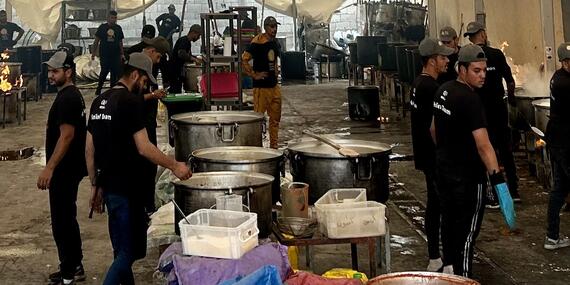Today's top news: Occupied Palestinian Territory

Occupied Palestinian Territory
Since Friday evening (19 January), mobile phone communications have been restored to most of Gaza after a weeklong blackout, with the exception of some services in the north. However, the Internet remains down across the whole of Gaza. The blackout of telecommunications restricts people in Gaza from accessing lifesaving information and impedes other forms of humanitarian response.
Since Friday, limited fuel amounts have entered the Gaza Strip from Rafah. However, since these are insufficient, hospitals, water facilities and other critical facilities are still only operating at limited capacity.
Our humanitarian partners tell us that ongoing hostilities – as well as lack of access to health care, clean water and nutritious food – are fueling the risk of famine in Gaza. They report that no bakeries are functioning north or Wadi Gaza – and only 15 bakeries were operational across the entire Gaza Strip as of 17 January – in Rafah and Deir al Balah. The World Food Programme has been supporting eight of those bakeries with wheat flour, salt, yeast and sugar. Through this initiative, about a quarter of a million people were able to purchase bread at a subsidized price.
Meanwhile, the Director-General of the World Health Organization (WHO), Dr. Tedros Adhanom Ghebreyesus, reported that cases of Hepatitis A have been confirmed in Gaza through test kits supplied by WHO. He warned that inhumane living conditions – with barely any clean water or clean toilets – will enable Hepatitis A to spread further.
And turning to the West Bank: As of yesterday, more than 700 Palestinians, including more than 300 children, have been displaced since 7 October following the destruction of 115 homes during operations carried out by Israeli forces. This is in addition to displacement due to the demolition of homes. About 95 per cent of the displacement due to Israeli operations was reported in the refugee camps of Jenin, Nur Shams and Tulkarm. Israeli military operations last week in the Nur Shams and Tulkarm refugee camps rendered more than 20 homes uninhabitable, and civilian casualties were also reported.
